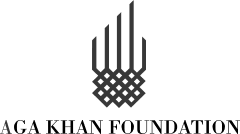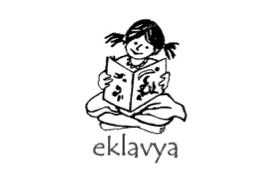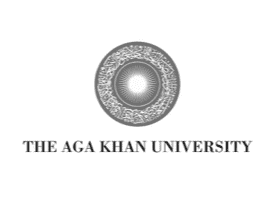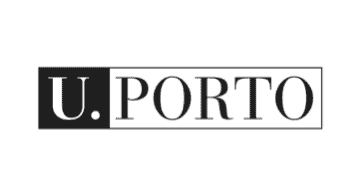Schools2030 is supporting schools and teachers to assess learning outcomes and the quality of the classroom environment with our own suite of contextualised and validated assessment tools.
WHY
ASSESS
Assessments help teachers understand the classroom and environment and the learning levels of their students to inform the HCD process.
INNOVATE
Assessments help teachers track the impact of their innovations and adjust their practices to meet student needs.
SHOWCASE
Assessments build evidence for teachers to demonstrate the efficacy of their ideas to system leaders to influence policy and educational change.
We aim to drive a movement to shift mentalities on assessment for learning – putting teachers in control of assessment rather than the other way around.
WHAT
Our Global and National Assessment Partners have developed and adapted a suite of context-driven assessment tools to measure the quality of the learning environment as well as holistic learning outcomes.
We are working with teachers to support them to develop the skills needed to use assessment tools, design their own approaches to assessment and to understand and act on assessment data in their classrooms.
We’ve built the Schools2030 suite of assessment tools based on three principles – that the tools must be:
1
Useful and useable for teachers
2
Contextually driven and relevant
3
Free and open source
-
Preschools cohort (age 5)Schools2030 Preschool Learning Outcome Assessment ToolBased on adapted International Development and Early Learning Assessment (IDELA)
-
Preschools cohort (age 10)Schools2030 Holistic Learning Assessment Tool – Primary SchoolCreation of new country specific Schools2030 Holistic Learning Assessment Tools by National Assessment Partners
-
Preschools cohort (age 15+)Schools2030 Holistic Learning Assessment Tool – Secondary SchoolCreation of new country specific Schools2030 Holistic Learning Assessment Tools by National Assessment Partners
-
Preschools cohort (age 5)Schools2030 Preschool Learning Environment Assessment ToolBased on adapted Brief Early Quality Inventory (BEQI)
-
Preschools cohort (age 10)Schools2030 Primary School Learning Environment Assessment ToolAdaptation of World Bank’s Teach and AKF Inclusive Classroom Guide
-
Preschools cohort (age 15+)Schools2030 Secondary School Learning Environment Assessment ToolAdaptation of World Bank’s Teach and AKF Inclusive Classroom Guide
“Previously I was just scoring my students,
now I am assessing their learning”
Teacher, Uganda
WHO
Global partners
Provide guidance, review tools, synthesise data, and facilitate learning across countries.
For pre-school, global partners develop tools to be adapted by national partners.
National partners
In each of the ten schools2030 countries facilitate the selection of domains, develop tools to measure the selected domains, and support teachers with implementing assessments.
Teachers and schools
Contribute to the selection of learning domains, implement assessment tools, and work with national partners to develop their own approaches to formative assessment.
Global partners
Provide guidance, review tools, synthesise data, and facilitate learning across countries.
For pre-school, global partners develop tools to be adapted by national partners.
National partners
In each of the ten schools2030 countries facilitate the selection of domains, develop tools to measure the selected domains, and support teachers with implementing assessments.
Teachers and schools
Contribute to the selection of learning domains, implement assessment tools, and work with national partners to develop their own approaches to formative assessment.

Oxford MeasurEd is Schools2030’s Global Assessment Partner and provides overall coordination and technical support to our network of global and national assessment partners.


Save the Children has supported the adaptation of the International Development and Early Learning Assessment (IDELA) to assess preschool learning outcomes across Schools2030 countries. ECD Measure has supported the adaptation of the Brief Early Childhood Quality Inventory (BEQI) to assess preschool learning environments.
Dr Sughra Choudry-Khan has led the development of Schools2030’s Learning Environment Assessment Tools for primary and secondary school, based on the World Bank’s TEACH tool and AKF’s Inclusive Classroom Guide.
PARTNERS






HOW
With this suite of assessment tools as well as through our ongoing work with teachers on assessment, we are building a library of resources and documenting lessons learned. Click here to learn more about the process of tool development across our countries and below for other materials.